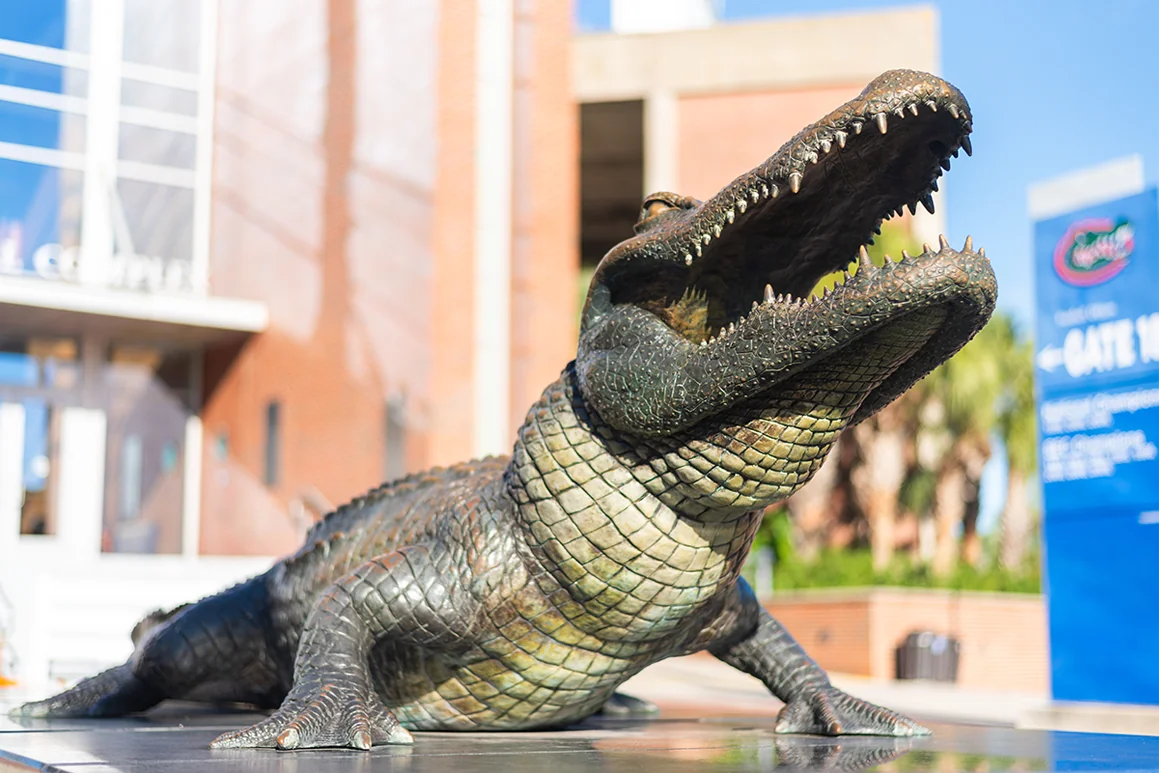Committing a crime against a person based on their race, skin color, gender, sexual orientation, or religion is referred to as a “hate crime.” These types of crimes are at an all-tie high in the United states in more than a decade according to data released by the Federal Bureau of Investigations (FBI). The report revealed that 7,314 hate crimes were committed last year, which was a stark increase from the year before with only 194.
Under Florida law, if a crime was committed based on prejudice the defendant is subject to a penalty enhancement. That means you could face additional jail/prison time and even steeper fines if you’re convicted of a hate crime. If you or someone you know has been arrested or charged with a type of hate crime, then it’s within your best interest to find legal counsel.
Hate Crimes Defense Lawyer in Gainesville, Florida
The tensions between communities can sometimes result in hate crimes and currently the United States is experiencing a surge. Anti-Asian violence across the United States has skyrocketed due to the COVID-19 virus and the false belief it’s associated with Asian Americans. No matter the circumstances for these types of crimes, the penalties for hate crimes are particularly harsh in Florida.
If you or someone you know has been charged with a hate crime, then it’s within your best interest to obtain legal representation with Galigani Law Firm. Galigani Law Firm accepts clients throughout the greater Alachua County and Gainesville area including Alachua, Hawthorne, High Springs, Micanopy, Newberry, La Crosse, Waldo, and Archer.
Information Center:
- Florida Hate Crime Laws
- What Constitutes as a Hate Crime in FL?
- Hate Crime Data in FL
- Penalties for Hate Crimes in FL
- Additional Resources
Florida Hate Crime Laws
Usually, a crime is committed with some type of personal motivation in mind. It might be money, a sexual desire, or to enact “revenge” on another person. Hate crime are unique as the only motivator for the offender is to express their hatred towards a certain group of people. Hate crimes are defined as any offense that was solely committed to harm a community motivated by prejudice on the basis of race, religion, sexual orientation, or other grounds.
According to the Florida Statutes section 775.085, if any of the following groups or communities are targeted solely because of prejudice, then it would be considered a hate crime.
- Race;
- Mental or physical ability;
- Advanced age;
- Ancestry;
- National origin;
- Homeless status;
- Color;
- Sexual orientation
- Ethnicity; or
- Religion
The term “mental or physical disability” is defined under the Florida Statutes Section 775.085. The statute states it’s a condition of physical or mental incapacitation due to a developmental disability, mental illness, or organic brain damage.
What Constitutes as a Hate Crime in Florida?
Florida has no specific hate crime statute that lists out which offenses are hate crimes. The state has instead created a hate crime enhancement that will elevate the penalties for any crime committed only for a prejudicial reason. Essentially, this means any crime could be classified as a hate crime if it’s directed to another person or community for the sole reason of expressing prejudice and hatred.
Listed below are some examples of hate crimes under Florida law.
- Robbery;
- Burglary;
- Extortion;
- Assault;
- Theft offenses;
- Kidnapping;
- Homicide;
- Aggravated assault;
- Intimidation;
- Destruction of property;
- Vandalism;
- Trespassing;
- Sex offenses;
- Arson; or
- Fraud
Hate Crime Data in Florida
In an effort to track crime trends, the state of Florida does collect data from law enforcement annually on hate crimes. These Uniform Crime Reports (UCR) are created from data collected by 396 law enforcement agencies throughout the state of Florida. According to the report, in 2019 there were 134 recorded cases of hate crimes in the state.
As part of the report, the state of Florida had law enforcement divide the offense by the offender’s motivation. This gives us unique insight into what type of hate crimes were more common at that time. Listed below is the data outlining hate crime motivations according to the 2019 UCR Hate Crime Report.
- Race/Color – 33.6 Percent
- Religion – 33.6 percent
- National Origin/ Ethnicity – 11.9 Percent
- Sexual Orientation – 20.9 percent
How Much Time Does a Hate Crime Carry?
Florida doesn’t specify which offenses are hate crimes, but instead has a hate crime enhancement statute. The statute can be found under Section 775.085, which states the penalties for any felony or misdemeanor hate crime will be reclassified up one degree. For example, if you have been charged with a hate crime your offense would be reclassified as follows:
- A second-degree misdemeanor would be enhanced to a first-degree misdemeanor
- A first-degree misdemeanor would be enhanced to a third-degree felony
- A third-degree felony would be enhanced to a second-degree felony
- A second-degree felony would be enhanced to first-degree felony
- A first-degree felony would be enhanced to life felony
Additional Resources
2019 Hate Crime Statistics in FL | DOJ – Visit the official website for the Department of Justice to read up on their statistics for hate crimes in Florida. Access the site to read upcoming news about hate crimes in Florida, resources used to gather the data, case examples of hate crimes, and Department of Justice offices in Florida.
Florida Hate Crime Statute – Visit the official website for Florida’s Statutes to read up on their laws pertaining to hate crimes. Find more information on the hate crime statute, how the statute enhances penalties, and other related enhancements in Florida criminal law.
Defense Attorney for Hate Crimes in Gainesville, FL
With the rise in hate crimes since COVID-19, law enforcement is on higher alert than ever for people guilty of sex crimes. If you or someone you know has been charged with a hate crime in the state of Florida, get in contact with the skilled lawyers over at Galigani Law Firm. Our hate crime defense attorneys have over 30 years of collective experience we can utilize for your case.
Call Galigani Law Firm today at (352) 375-0812 or submit an online form to schedule your first consultation free of charge. Galigani Law Firm accepts clients throughout Gainesville, Alachua County, and the greater University of Florida (UF) campus.







